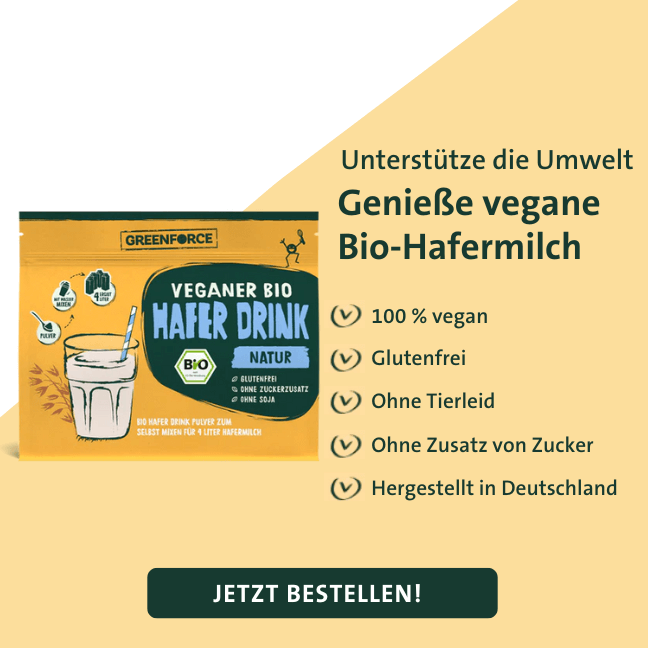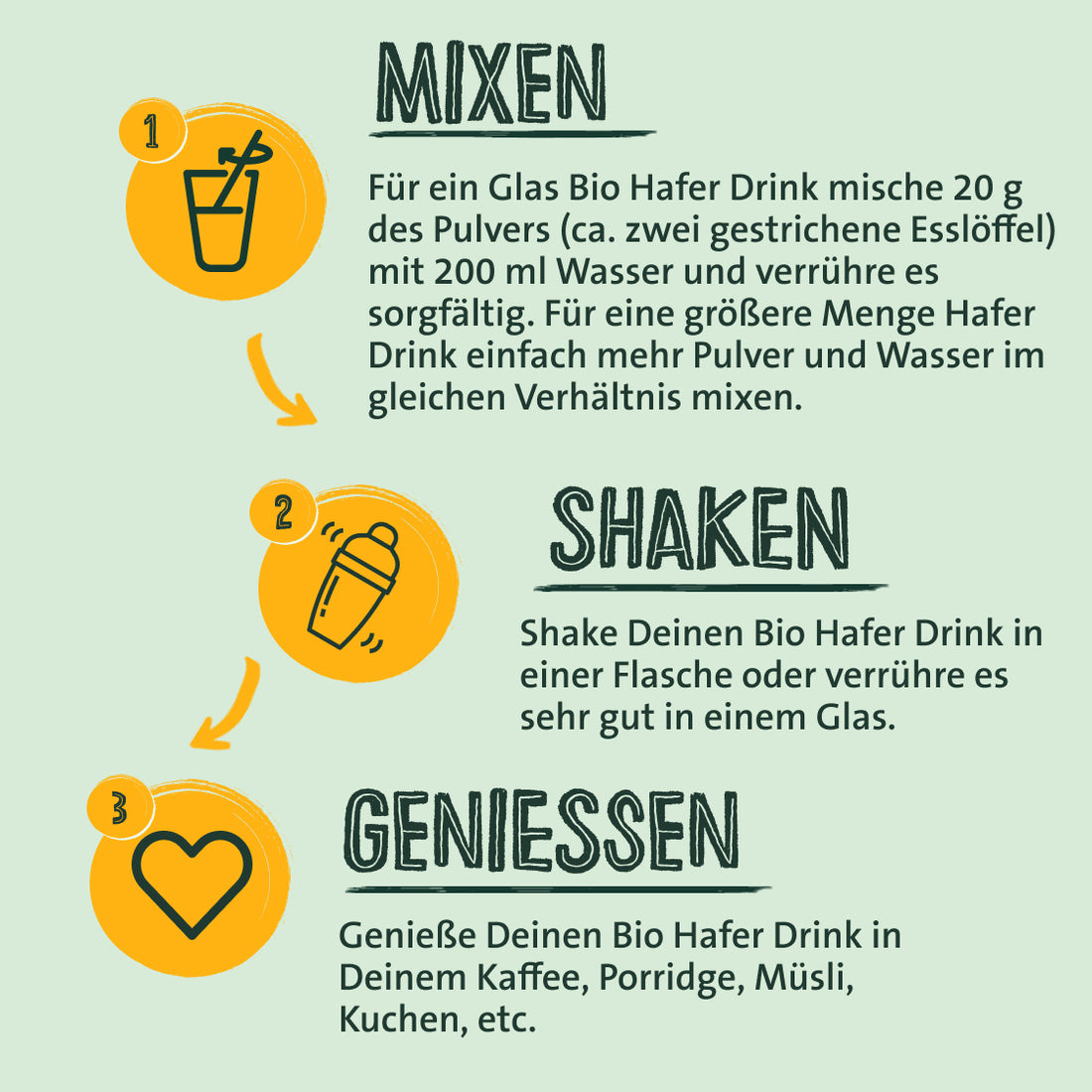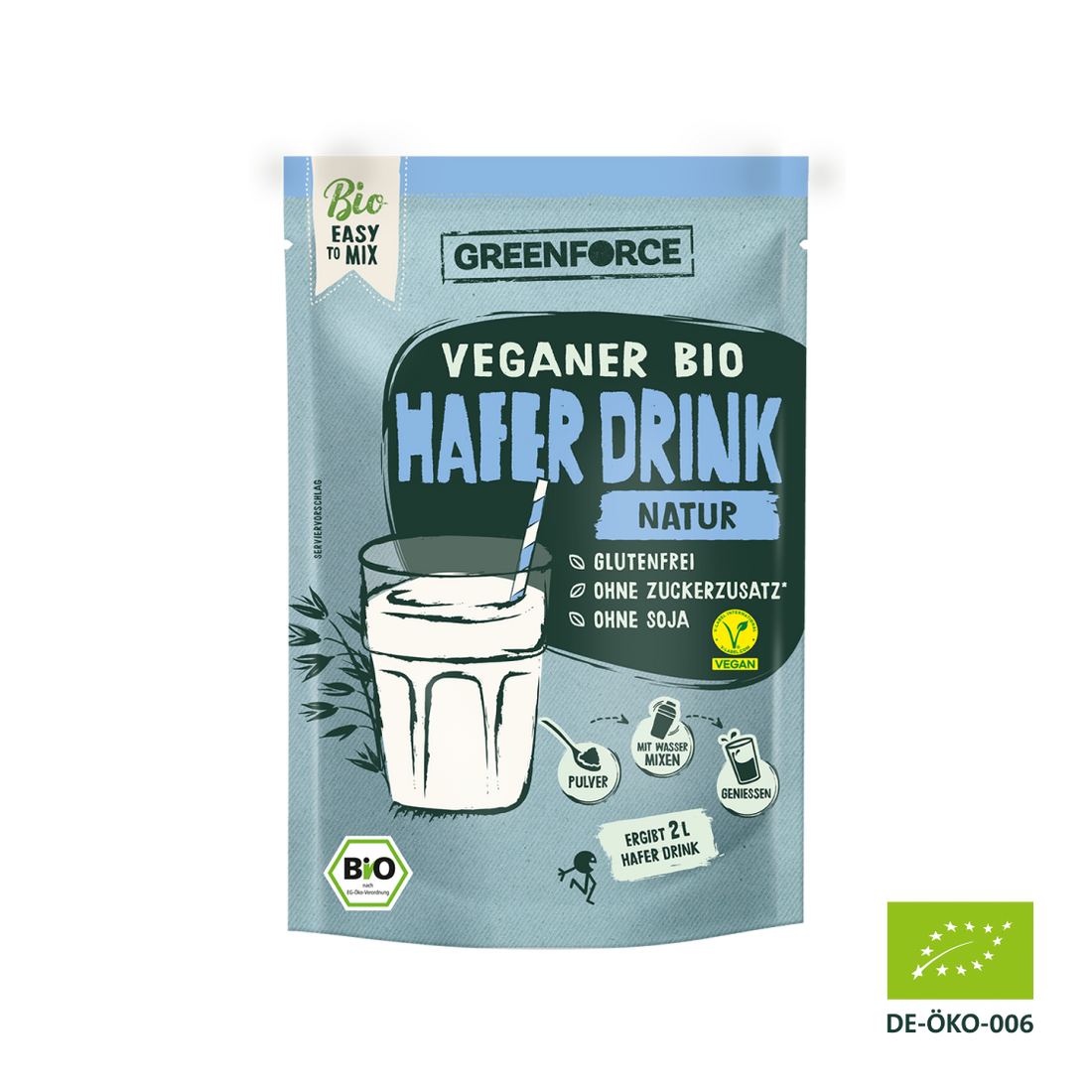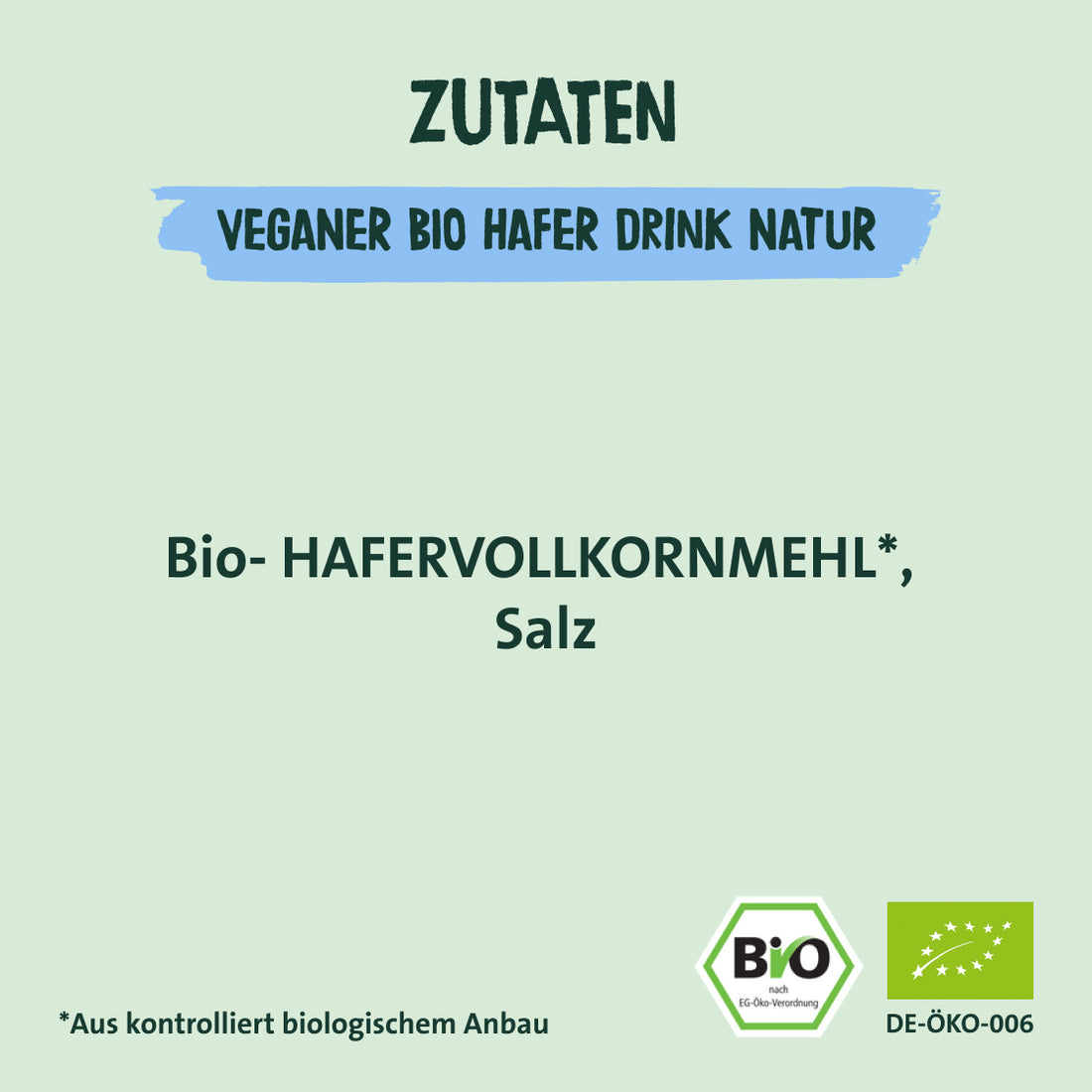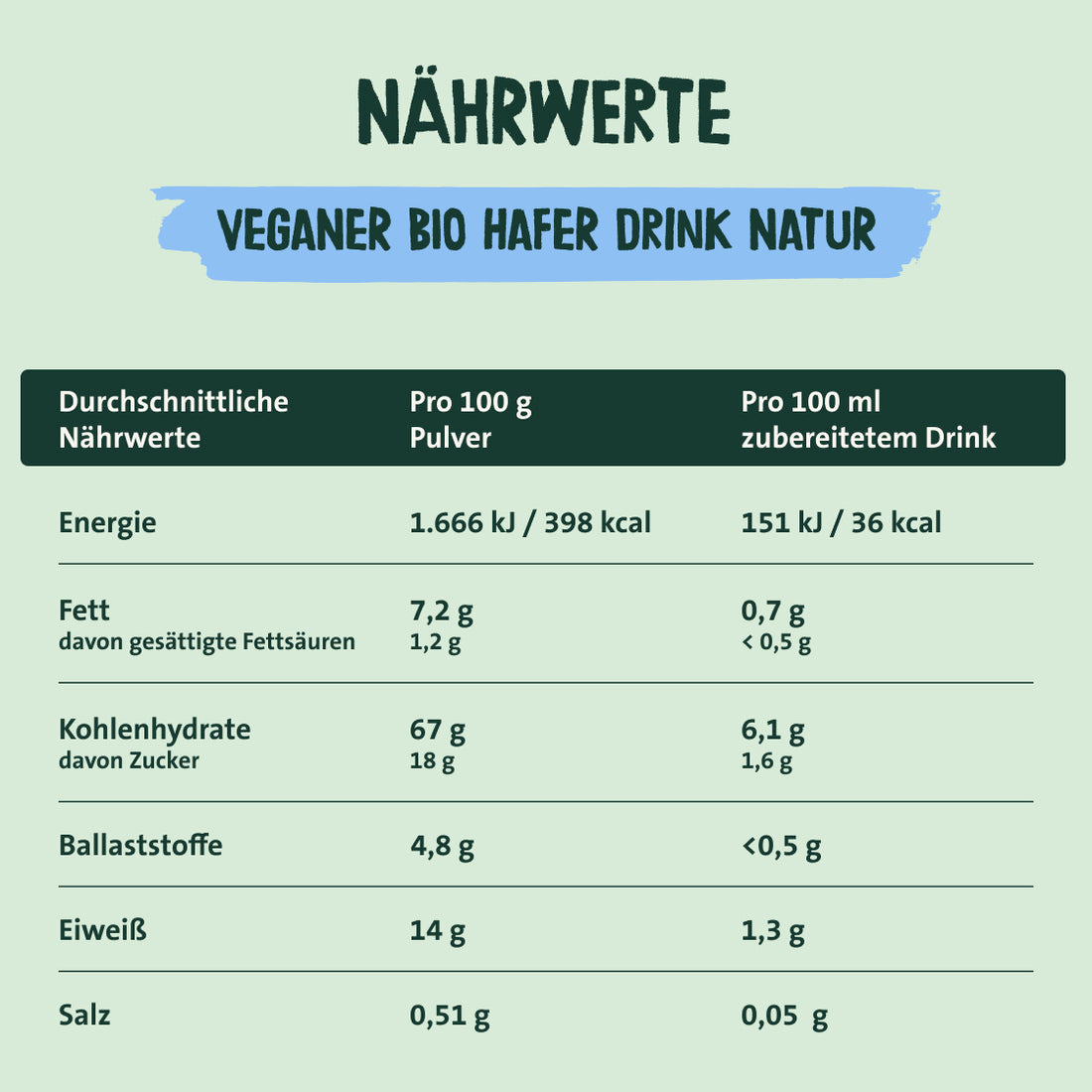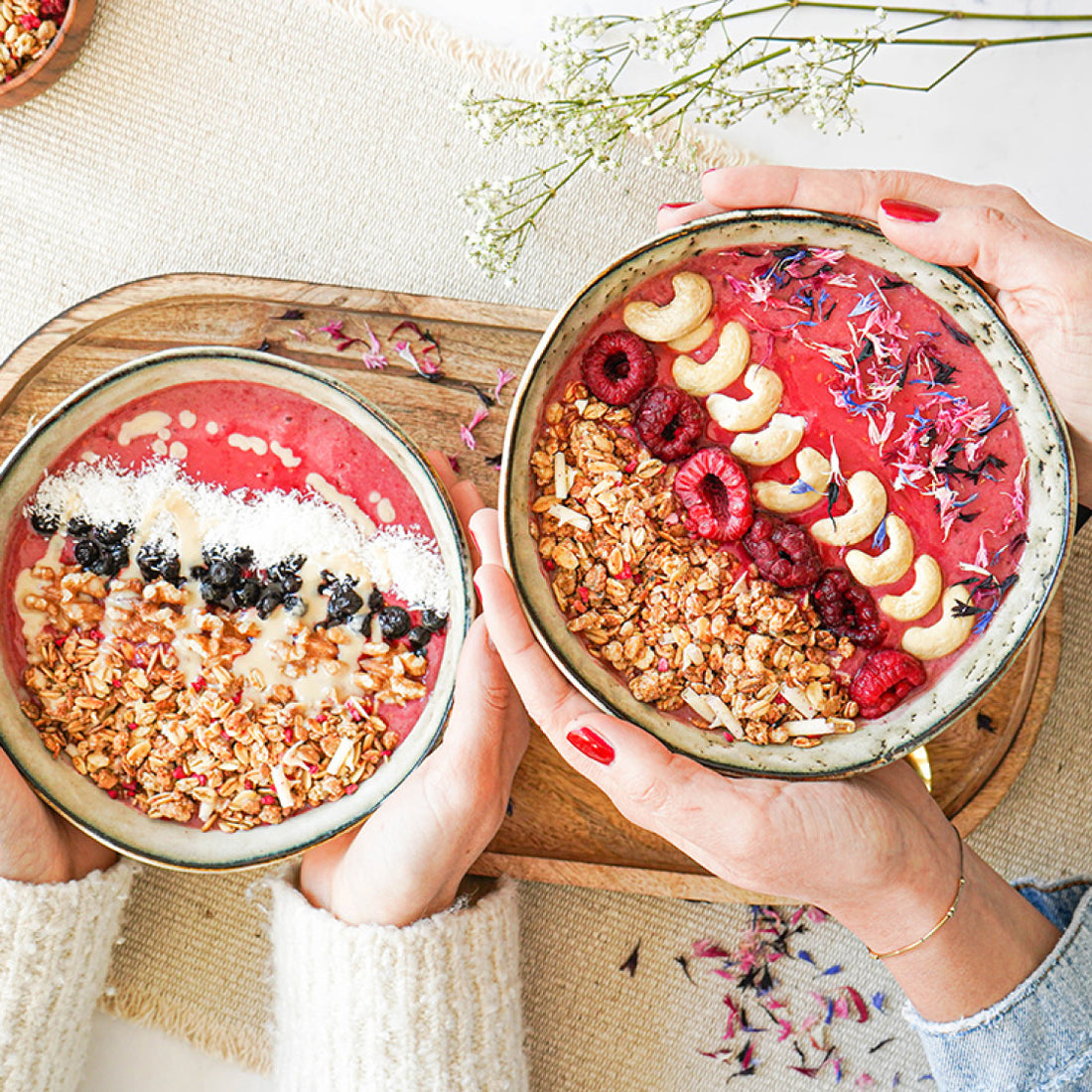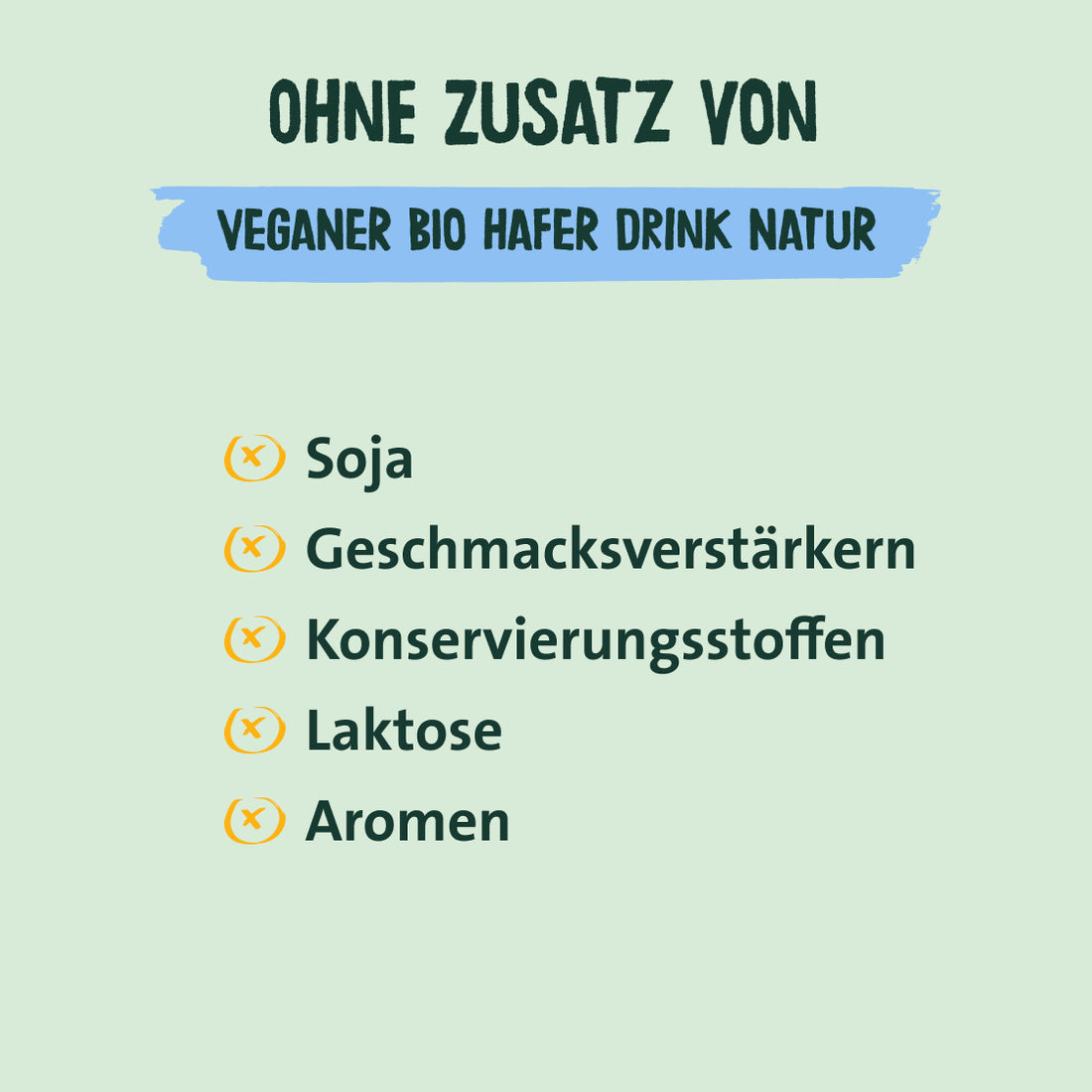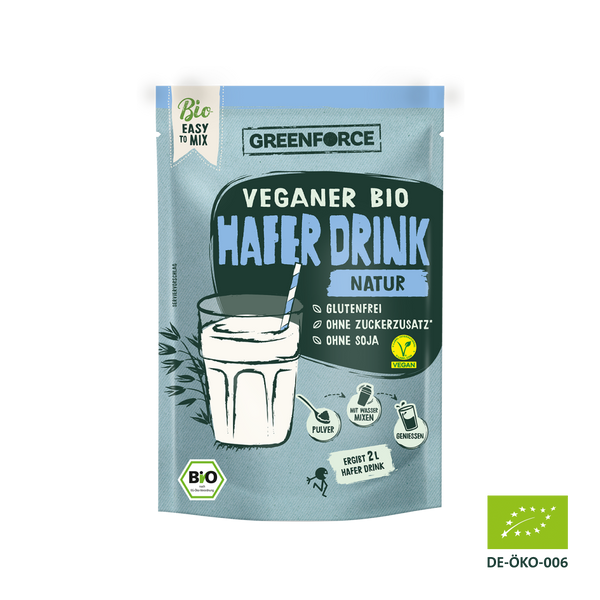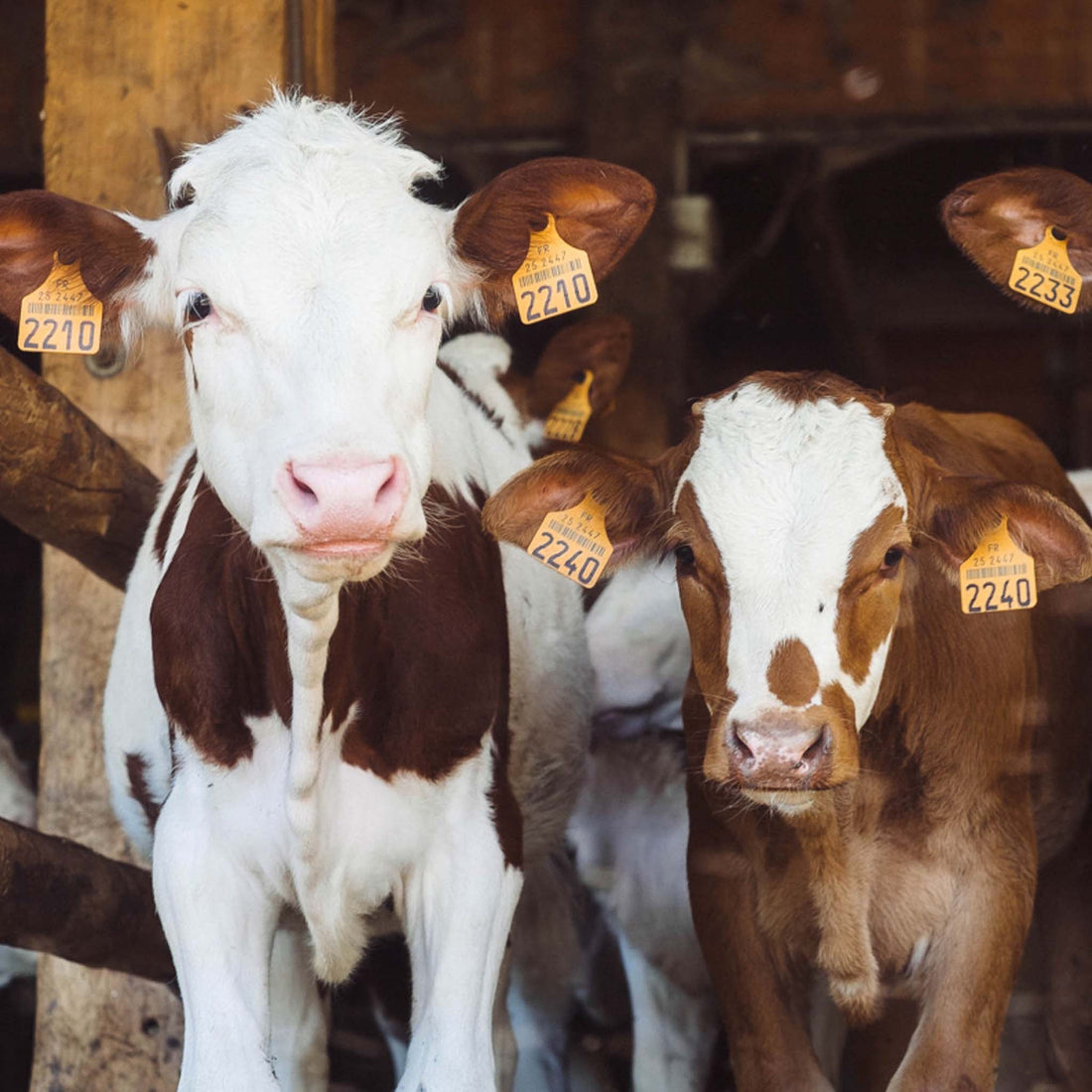If your baby suffers from an allergy , as a mother you wonder how this happened. The predisposition to food intolerance as well as hay fever or neurodermatitis is usually inherited. This means: As soon as one person in the family suffers from fat intolerance , for example, the likelihood that your offspring will also be affected increases. Environmental factors and disturbed intestinal barriers are also suspected to be triggers.
As a mother, you have no influence on whether your baby develops an intolerance to a particular food.
At the same time, it is helpful to understand what is happening in your offspring's body:
With a cow's milk allergy, the baby's immune system reacts to certain proteins found in cow's milk. Usually these proteins are casein or whey protein. The body incorrectly classifies these as harmful, which leads to an allergic reaction. Your baby's immune system now produces specific antibodies to fight the proteins.
Since goat and sheep milk contain similar ingredients, they are largely not an alternative. If you give this to your offspring, you risk another allergic reaction.
It is important to know that an allergy to cow's milk is not the same as lactose intolerance. Lactose intolerance occurs due to a deficiency of the enzyme lactase, which is responsible for the breakdown of milk sugar. However, similar symptoms appear such as abdominal pain, diarrhea and flatulence.
Intolerance to cow's milk does not manifest itself in the same way in all children. For this reason, you should always consult a doctor if your baby has any health problems. He can carry out various examinations to rule out serious physical illnesses. In addition, several tests may be necessary to find out exactly which foods or substances your little darling is allergic to.
 Germany
Germany
 Austria
Austria
 Switzerland
Switzerland
 Netherlands
Netherlands
 Belgium
Belgium
 Luxemborg
Luxemborg






